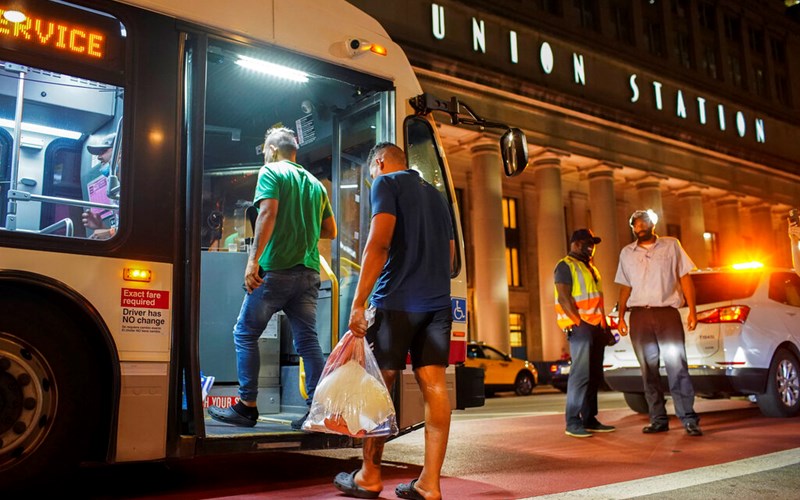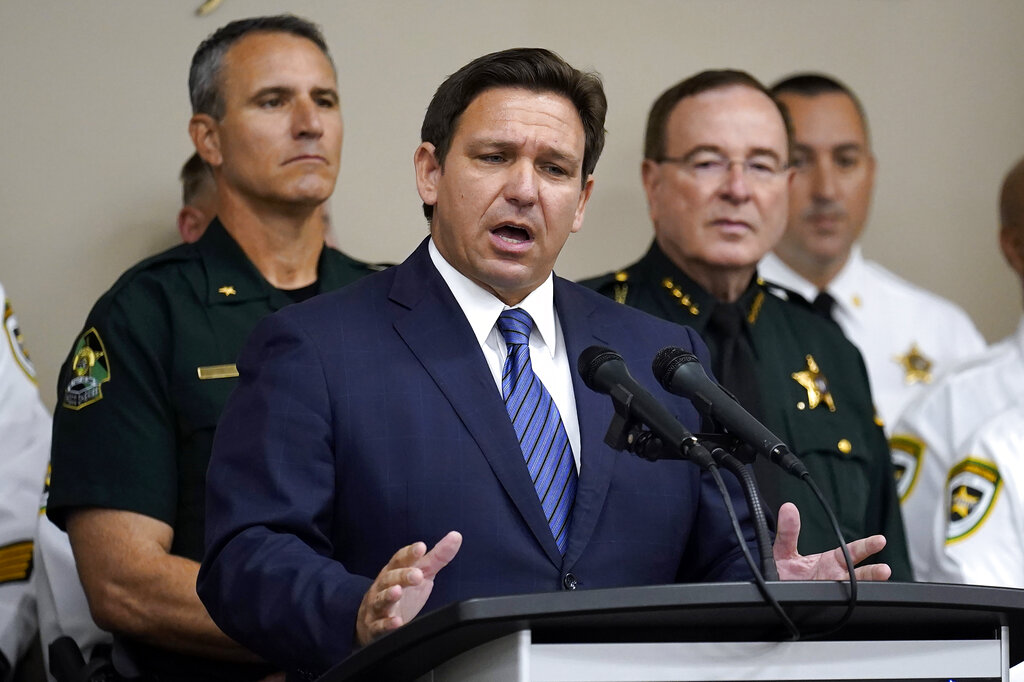Florida's regular legislative session does not begin until March 7, but lawmakers determined that a special session was needed to address illegal immigration that continues to be exacerbated by the Biden administration's open-borders policies.
As a result, they have crafted and approved legislation that sets aside $10 million for Florida's Department of Emergency Management to spend on the Unauthorized Alien Transport Program, which unofficially first launched last year to allow government officials to transport aliens, who have already been processed and released by the federal government, to sanctuary cities throughout the country.
Democrats call the effort inhumane, but Ira Mehlman, media director for the Federation for American Immigration Reform (FAIR), says this is a good move.

"Every state, every governor has an obligation to protect the citizens of his or her state, and Florida is certainly taking that step," he tells AFN. "It's been at the vanguard of the effort, along with Governor [Greg] Abbott in Texas, saying to sanctuary jurisdictions around the country, 'Hey, this is what you're asking for. Here, you deal with it.'"
Signing the bill on February 15, Governor DeSantis said he "would love to not have to deal with this at all, but you have a total disaster that's unfolded on that border for over two years."
The law's text criticizes the federal government for failing to secure the nation's border, and it warns that without action, "detrimental effects" could occur, including "increased crime, diminished economic opportunities and wages for American workers, and burdens on the education and healthcare systems."
Unless renewed by the legislature, the program is set to expire June 30, 2025.







